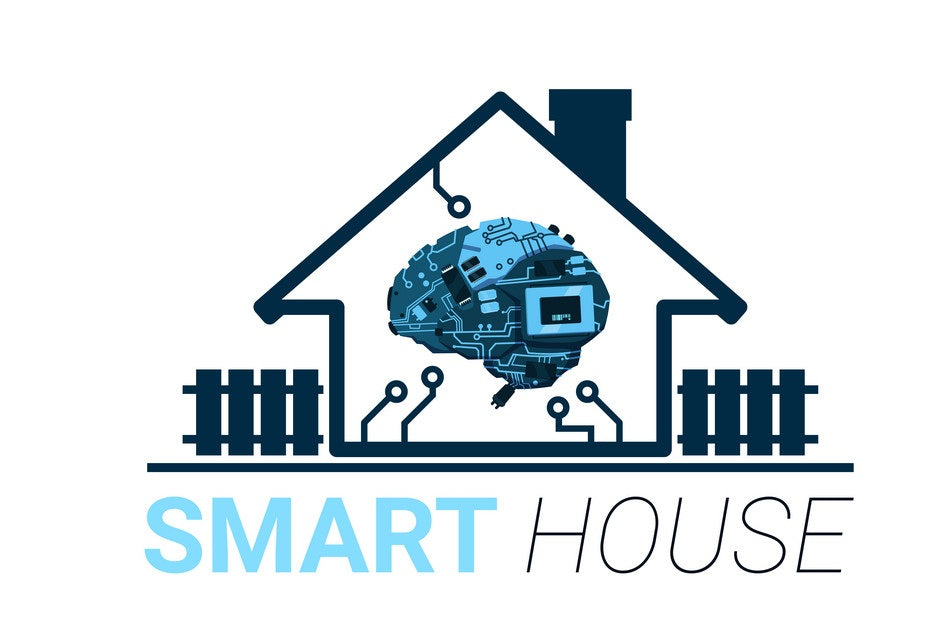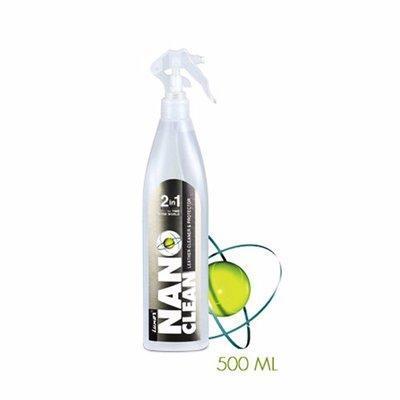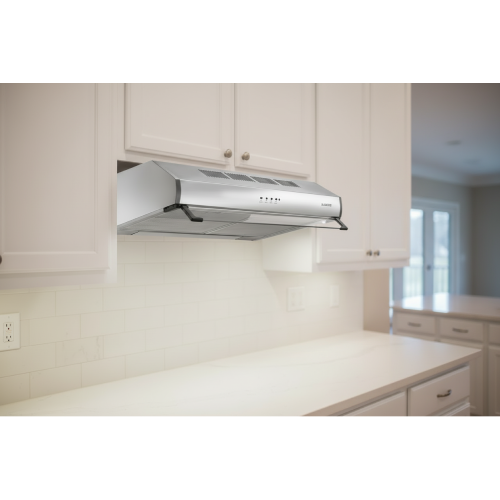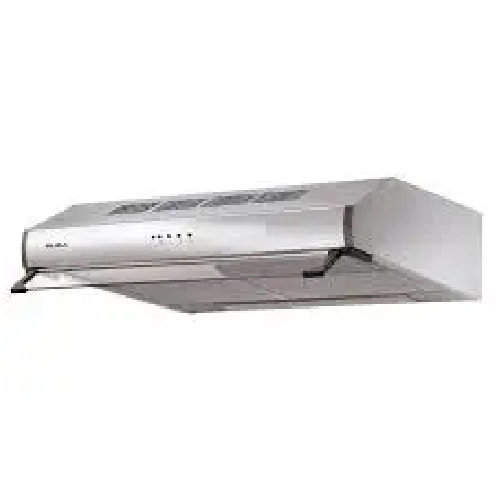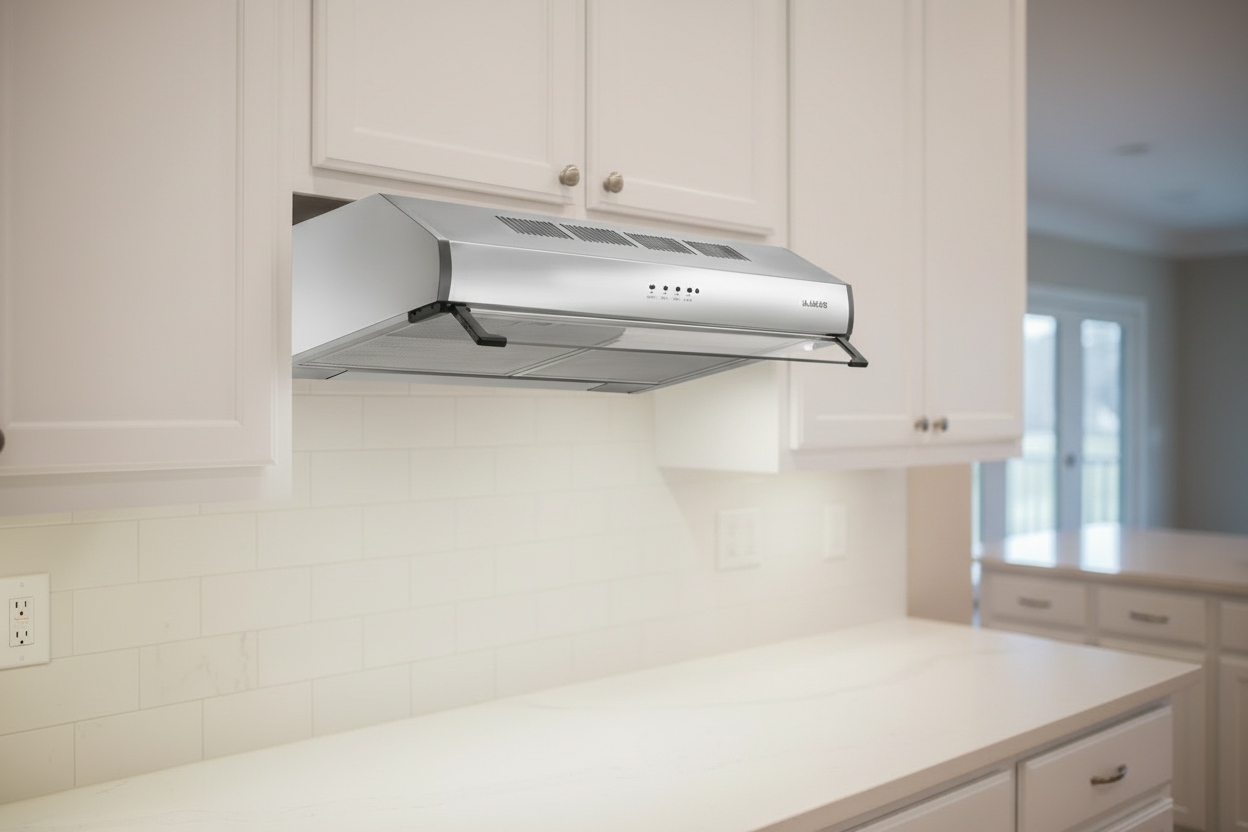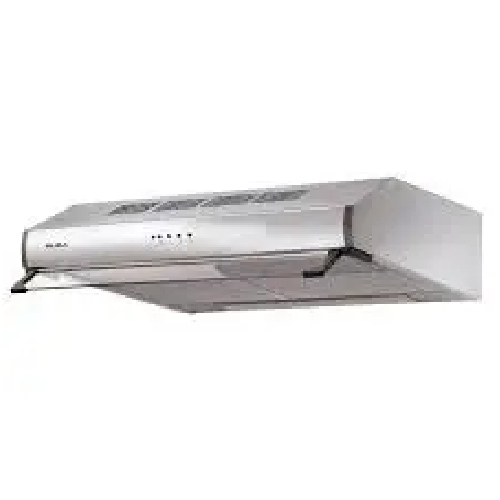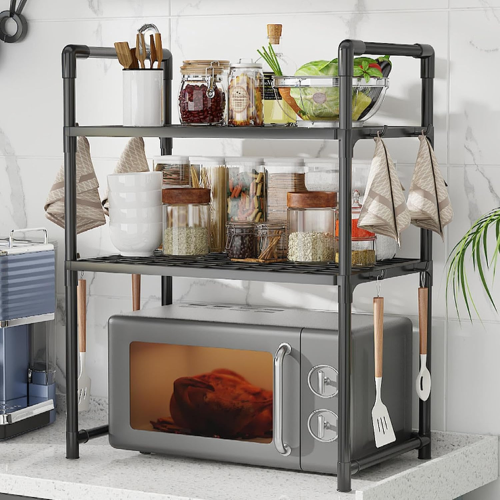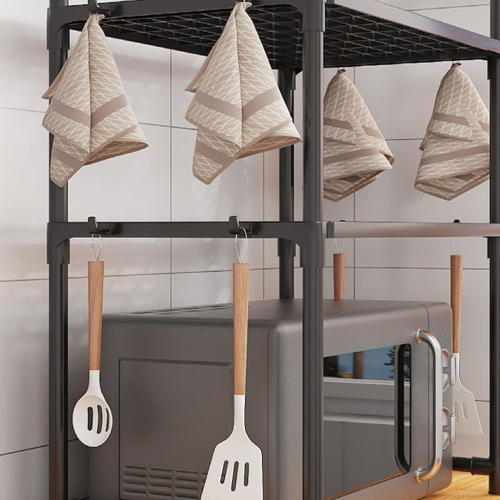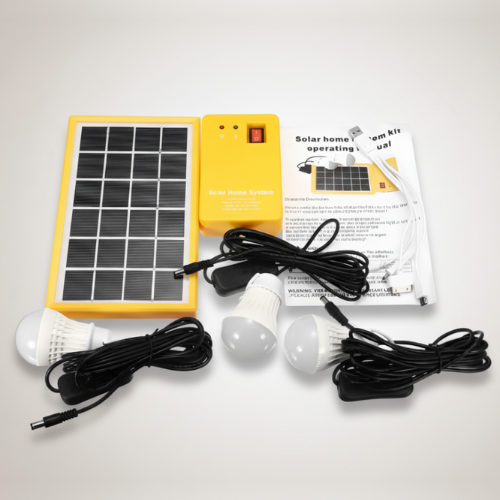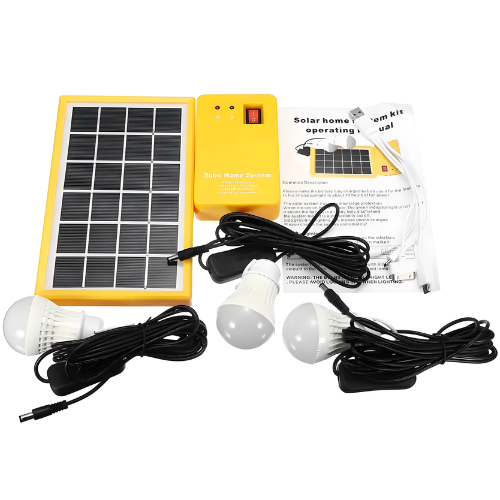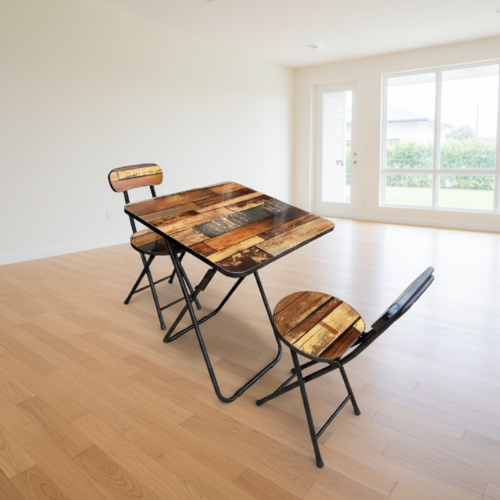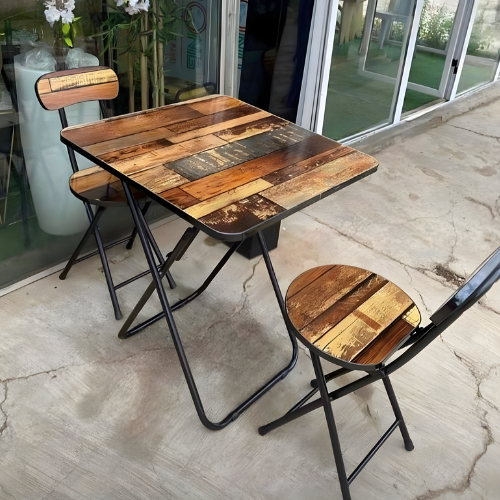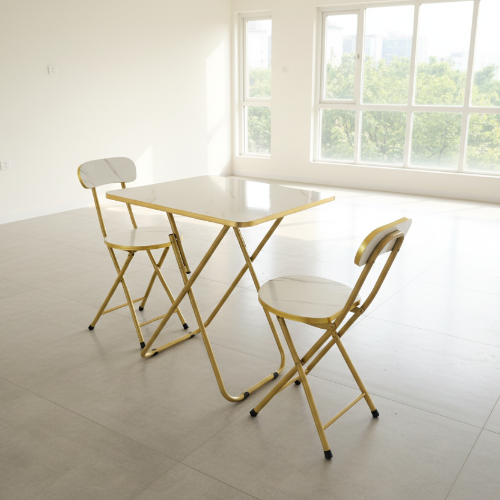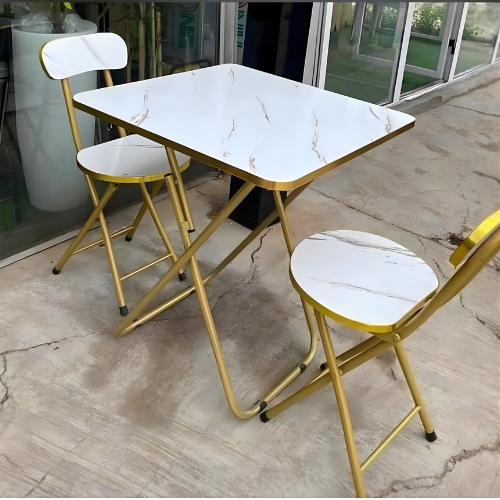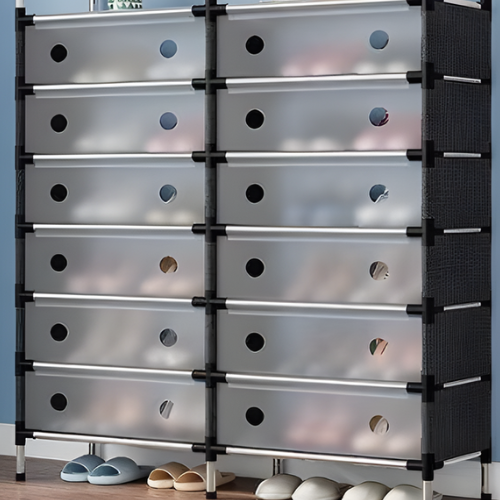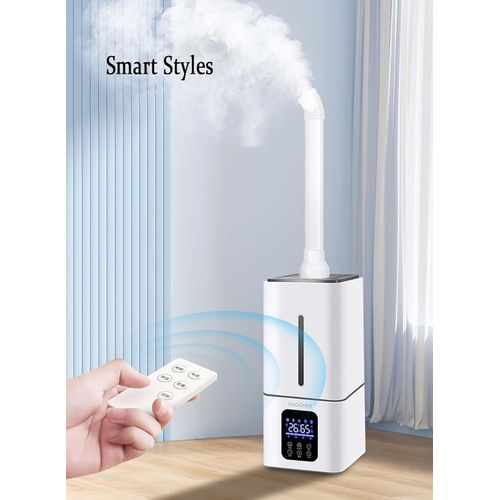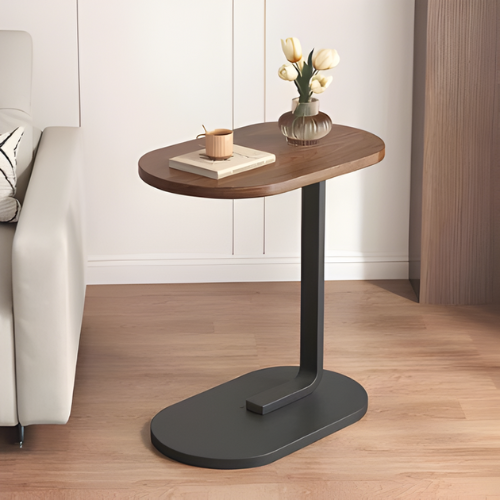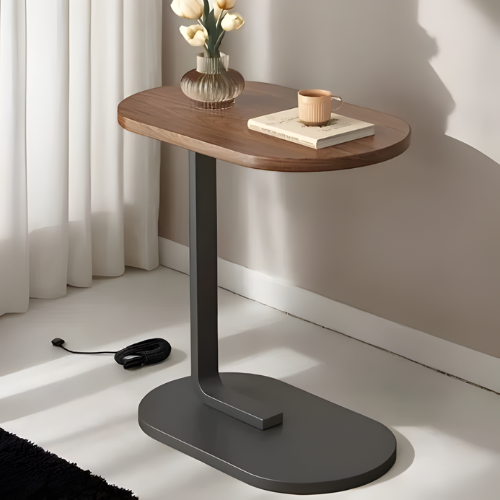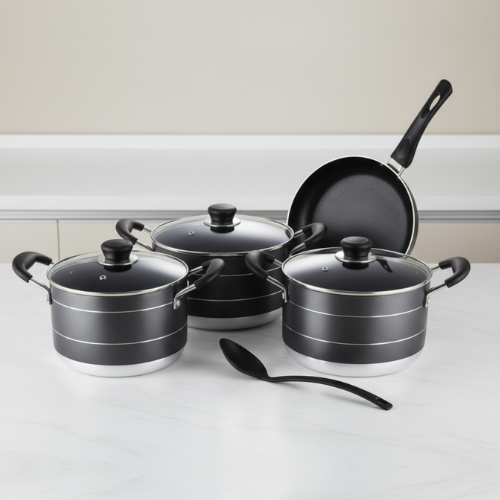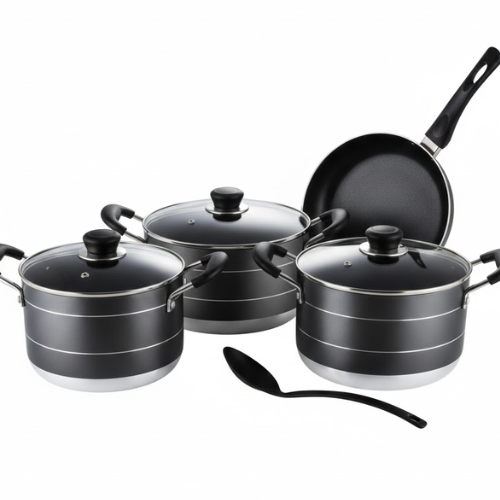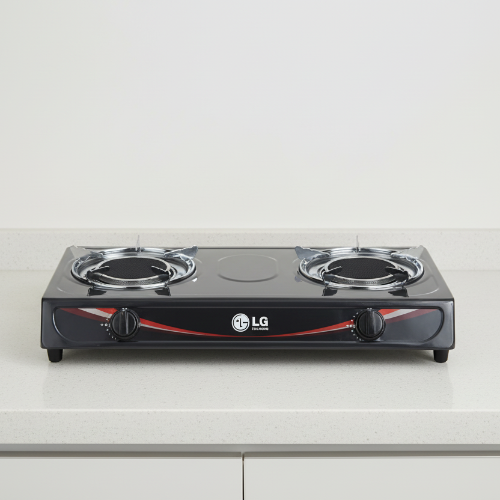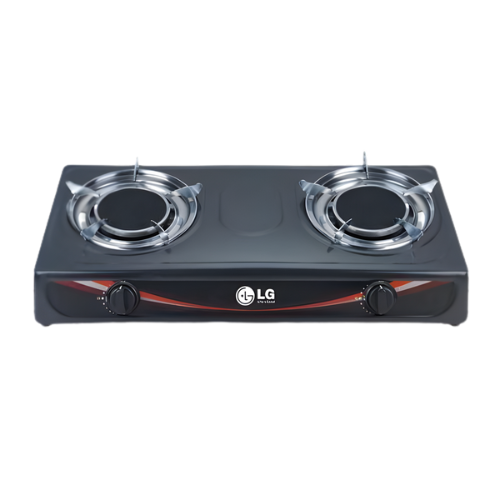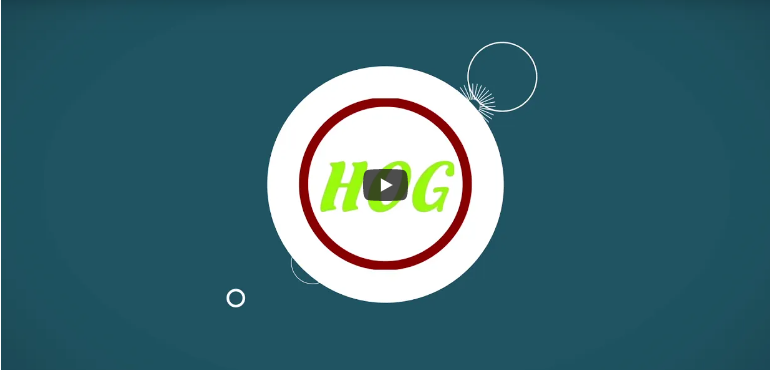
With tech start-ups and do - it-yourself home security options expanding choices available to consumers who want to secure their homes, it's no surprise that by 2023, according to a Market Research Future report, the global residential security market is expected to reach $44.8 billion.
People desire for a safe home, and want their home to be safe even when they are not around. People have been using solar security cameras, outdoor and indoor security cameras to make a secure environment to live in. This demand overburdens the overall development of the home security market.

Smart Home Security on the Rise
A PC Mag survey shows that 34 per cent of consumers rely on smart home security devices to keep their homes safe, but that wasn't always the way.
Only ten years ago, according to the Safety Sales and Integration (SSI) report, smart home hardware was unwieldy, difficult to build, and costly.
SSI reported that between 2010 and 2012 some 55 to 70 per cent of smart home automation products were purchased alongside home security systems. Currently, according to a 2019 Fixr survey, smart security systems are the smart home technologies that consumers are most comfortable with (68 percent) and are most likely to own (53 percent), and more than half of new homes have smart home devices in design plans.
To put it in simple words, home security and smart home devices are thick as thieves. Not only because technology firms began to implement them early on, but also because the systems work together to help protect homes.
Security Trends to Watch in 2020
1. Cybersecurity and Privacy of Smart Homes Remains the Top Priority
The Security Business journal asked industry leaders in its study "State of the Business 2019" what they saw as the most disruptive technologies. Consecutively for three years, cybersecurity had been at the top of the pops.
As per the U.S. Houzz Smart Home Trends Report, privacy concerns have driven 23 per cent of homeowners out of smart technology deployment at home.
The experts believe that protecting the equipment itself by 2020 will be a critical goal for the market as a whole, followed by measures that help protect the privacy of users.
While big data can be overwhelming, the opportunity for good is massive. When home security technology is better and more prevalent, new creative methods of expanding home control will be emerging.
2. More Intuitive Tech Options Will Emerge.
The importance of smart home protection systems is missed when it is too difficult to be successful — or worse, built improperly and ineffective.
Security Business Mag has asked industry leaders in its "2019 State of the Defense Industry" report what they see as the most disruptive technologies. While encryption, cloud / hosted infrastructure and the Internet of Things came out on top for the second year in a row, artificial intelligence was the technology with the biggest increase. In a Security Business poll, 67% of security integrator said they were “confident enough in AI, deep learning, and other intelligent video analytics solutions to offer them to all customers.”
3. More interest in a healthy (and green) home.
We’re going to see more overlap between the security industry and the connected health market and independent living market. The number of Americans age 65 and over is expected to double, according to Parks Associates, so what follows is an increased demand for smart home devices and security solutions aimed at helping seniors and their caretakers.
We believe that focus on health will be holistic, extending beyond the health of the body to overall health of the home and environment. That puts “green” home security products front and center.
4. Integration will be a given.
Smart home devices and security technology don’t always play nicely together. Or (yikes) they sometimes require different mobile apps to manage. As the smart home security industry evolves, our experts believe integration will be one of the key security trends for growth and success. Smart security products that talk to each other give homeowners the best value for their money, and user-friendly systems will make smart homes more desirable.
5. Video security gets even bigger (and better).
If you told someone just 10 years ago that you had cameras inside and outside of your home… and in your car… and in your pocket… and even a wearable one on your wrist… they might have given you strange look. Now, not having immediate access to an amazing camera 24/7 is what’s strange. The security industry is no different, and experts predict this trend will only increase.
Video cameras are not only ubiquitous — the features of are downright amazing. What security cameras can do may already be far beyond what your average person uses or even knows about. More and more, customers will be demanding features that allow them to cut quickly through the noise of everyday life and focus on the information they care about. Video Analytics is the perfect example.
Consider this: A study of U.S. households by Parks Associates revealed that the ability to capture video images that can be used as evidence was valued even higher than faster police response.
5. Video security gets even bigger (and better).
If you told someone just 10 years ago that you had cameras inside and outside of your home… and in your car… and in your pocket… and even a wearable one on your wrist… they might have given you strange look. Now, not having immediate access to an amazing camera 24/7 is what’s strange. The security industry is no different, and experts predict this trend will only increase.
Video cameras are not only ubiquitous — the features of are downright amazing. What security cameras can do may already be far beyond what your average person uses or even knows about. More and more, customers will be demanding features that allow them to cut quickly through the noise of everyday life and focus on the information they care about. Video Analytics is the perfect example.
Consider this: A study of U.S. households by Parks Associates revealed that the ability to capture video images that can be used as evidence was valued even higher than faster police response.
6. Quality remains king for smart home security systems.

As AI develops and technology becomes smaller and increasingly mobile, the implications for smart home security seem infinite. Regardless of any technological changes that enter the industry, quality control, professional installation, and professional monitoring will continue to be an important part of true security systems.
7. The Smart Hub of You
A lot of focus in the security industry is placed on making your home the centre of your life. Our experts predict this is evolving, and going forward, the goal won’t be just a smarter home, but a smarter you.
So if you think you have seen amazing home security developments in the past years, this year would be an improvement.

Umer Ishfaq
He is passionate about Digital Marketing. Along with educational backgrounds in Software Engineering, he is bridging gaps between the marketing and development departments. At Techvando, he has been consulting brands all over Pakistan to gain online traffic and profitable leads.



